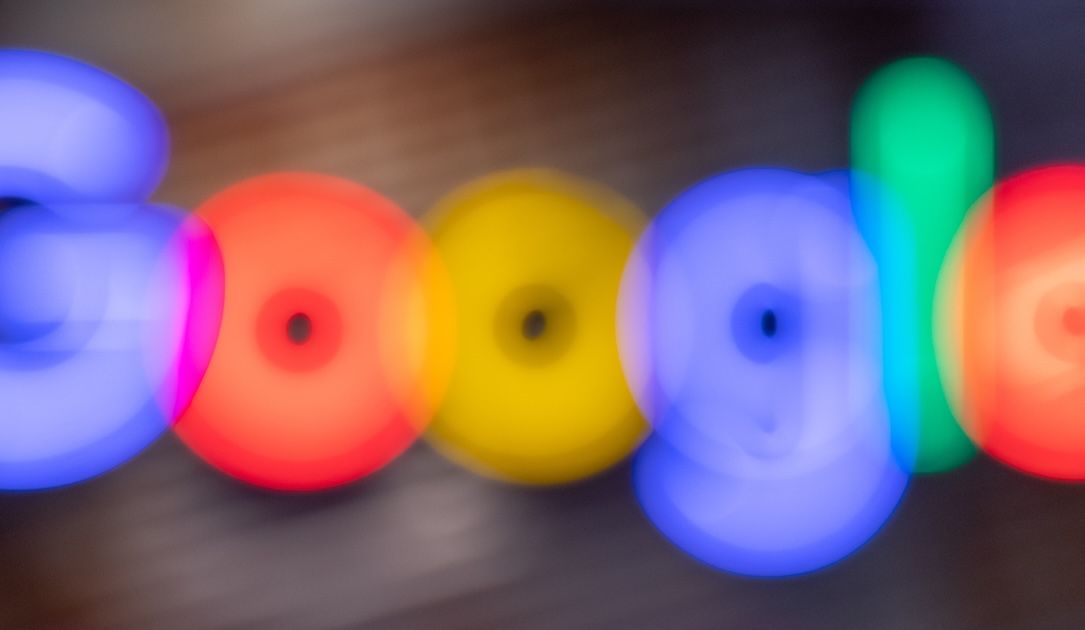A nearly four-year-long battle between Google and consumers in a class action lawsuit reached a preliminary settlement Tuesday over allegations that Google deceives users about their privacy when browsing in the tech giant’s so-called Incognito mode.
Google and the plaintiffs are planning for a “final and definitive settlement,” according to a joint update (PDF) filed with a California federal judge.
The agreement comes after mediation led to a “binding term sheet” with parties expected to present their final settlement to Northern District of California Judge Yvonne Gonzalez Rogers within 60 days.
The settlement follows a ruling last Thursday denying a Google request to exclude large swaths of evidence, including all arguments regarding class-wide damages, unjust enrichment, “purported harm to plaintiffs’ peace of mind,” and testimony from a plaintiffs’ expert offering methodology standards for statutory damages.
The Thursday ruling also denied a Google request to exclude evidence of “other litigation and regulations not at issue in this litigation.”
Another setback occurred in August when Gonzalez Rogers denied a Google request for summary judgment.
The plaintiffs argued that Google illegally violated the privacy of millions due to its use of cookies, analytics, and tools in apps tracking internet browsing activity despite users having gone into Incognito mode in Chrome.
Citing Google’s Incognito Splash Screen, Chrome privacy notice and Search & Browse Privately Help page assertions about Incognito mode minimizing stored information and promising consumers they can manage whether their activities are shared, Gonzalez Rogers wrote that “a triable issues exists as to whether these writings created an enforceable promise that Google would not collect users’ data while they browsed privately.”
Google declined to comment on the preliminary settlement Wednesday but issued a statement after the August ruling saying Incognito mode in Chrome “gives you the choice to browse the internet without your activity being saved to your browser or device.”
“As we clearly state each time you open a new Incognito tab, websites might be able to collect information about your browsing activity during your session,” the statement said.
The original complaint filed against the tech giant in 2020 held that Google “tracks and collects consumer browsing history and other web activity data no matter what safeguards consumers undertake to protect their data privacy.”
“Indeed, even when Google users launch a web browser with ‘private browsing mode’ activated (as Google recommends to users wishing to browse the web privately), Google nevertheless tracks the users’ browsing data and other identifying information,” the complaint continued.
Calling the tracking “surreptitious,” the plaintiffs alleged that the company used Google Analytics, Google Ad Manager, and various other application and website plug-ins to render Incognito not incognito at all.
“Through its pervasive data tracking business, Google knows who your friends are, what your hobbies are, what you like to eat, what movies you watch, where and when you like to shop, what your favorite vacation destinations are, what your favorite color is, and even the most intimate and potentially embarrassing things you browse on the internet — regardless of whether you follow Google’s advice to keep your activities ‘private,’” the complaint alleged, saying Google’s knowledge of users’ habits is so “detailed and expansive that George Orwell could never have dreamed it.”



You’re bewildered right now, but the laws being passed to protect consumers and users for corporate jargon will come in handy one day.
The fact that you’re one lemmy sort of proves you’re a bit more “up to date” with digital computing, but in 40-60 years you’ll be glad these laws are being fought for to protect those who aren’t so current from being mislead.
You’re not the target demographic for misleading, you already know better. But not for tens of millions of elderly and people who don’t speak English as a first language, or for those who didn’t grow up with access to technology. You aren’t who this law is aimed it protecting (yet)